Hardness testing of the shaft of CV-joints is necessary, as they belong to the safety relevant components. Lack of quality of the shaft‘s material can lead to breakage and thus failure of the drive train. The fixed outer races and tulips are also checked for quality purposes after hardening. Testing can be done using the non-destructive magneto-inductive method.
With the test instrument MAGNATEST D a magneto-inductive hardness control of both the shaft and the fixed outer races can be performed to monitor structure and hardness properties. Testing can be carried out directly in the production line or during incoming goods inspection.
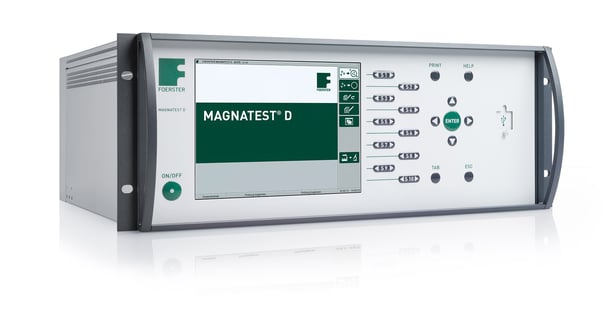
Fig. 1: MAGNATEST D
In order to be able to provide reproducible test results, the comparative testing according to the magneto-inductive method is based on a calibration with OK and NOK reference parts. During calibration, the tolerance limits are determined to allow sorting into good and bad parts.
The testing of the shaft of CV joints and tulips is carried out with the encircling MAGNATEST test coil. For hardness testing of the inner part, FOERSTER has developed special fit probes (see Fig 3). These are developed individually to the geometric shape of the fixed outer races of the CV-joints. Due to the exact adaptation, a high reproducibility of the testing is possible.
In order to compensate for confounding factors such as geometric component tolerances or temperature impacts during testing and to achieve stable long-term results, the MAGNATEST D uses high-performance harmonic evaluation.
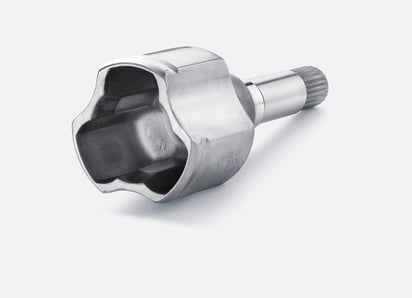
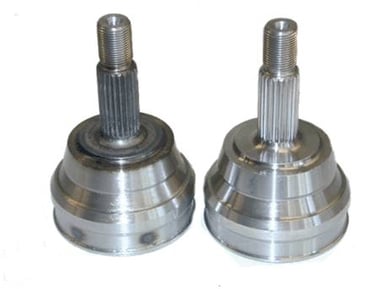
Fig. 2: Tulip (left) und CV-joints (right)
By evaluating the higher harmonics, additional information about the properties of the test material can be obtained.
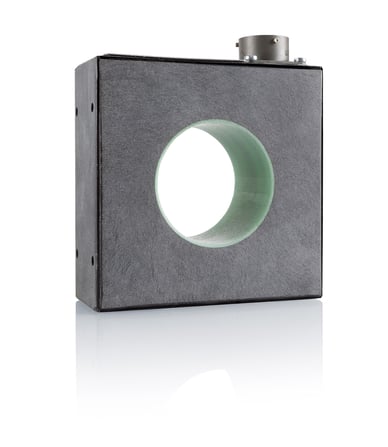
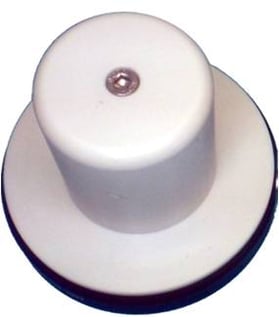
Fig. 3: Encircling test coil for testing the shaft (left) and shape-
adapted fit probe for testing fixed outer races of CV joints
(right)
Following the testing, the components are automatically sorted into good and bad parts. Comprehensive analysis and documentation functions ensure continuous monitoring of product quality.
For hardness testing of CV joints and tulips, we recommend the MAGNATEST D test instrument in combination with shape-adapted fit probes and an encircling test coil. Further information about our products and industry solutions can be found on our website under: foerstergroup.com